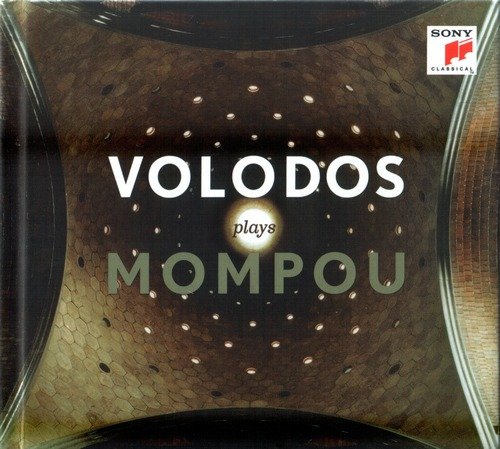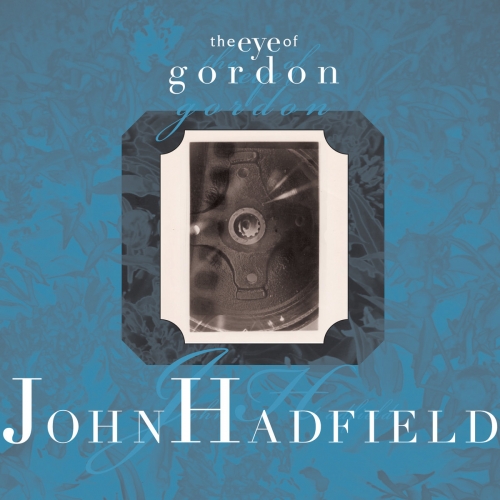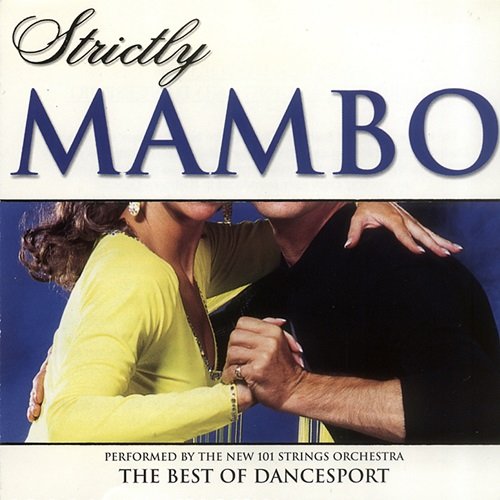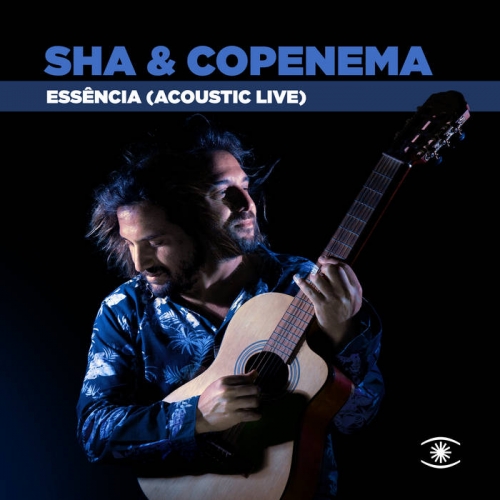Arcadi Volodos - Volodos plays Mompou (2013) CD-Rip

Artist: Arcadi Volodos
Title: Volodos plays Mompou
Year Of Release: 2013
Label: Sony Classical
Genre: Classical
Quality: FLAC (image+.cue,log,scans)
Total Time: 01:03:00
Total Size: 150 Mb
WebSite: Album Preview
Tracklist: Title: Volodos plays Mompou
Year Of Release: 2013
Label: Sony Classical
Genre: Classical
Quality: FLAC (image+.cue,log,scans)
Total Time: 01:03:00
Total Size: 150 Mb
WebSite: Album Preview
01. Prélude VII (Palmier d’étoiles)
02. Damunt de tu només les flors (transcription by Arcadi Volodos)
SCÈNES D’ENFANTS:
03. I. Cris dans la rue
04. II. Jeux sur la plage
05. III. Jeu 2
06. IV. Jeu 3
07. V. Jeunes filles au jardin
08. Hoy la tierra y los cielosmesonríen (transcription by Arcadi Volodos)
09. El lago (Le lac) (No. 2 from Paisajes)
10. ... pour appeler la joie (No. 6 from Charmes)
11. Prélude XII
12. Dialogues 2
13. Dialogues 1
14. Musica callada I Angelico
15. Musica callada II Lent
16. Musica callada XXVII Lento molto
17. Musica callada XXIV Moderato
18. Musica callada XXV
19. Musica callada XI Allegretto
20. Musica callada XV Lento – plaintif
21. Musica callada XXII Molto lento e tranquilo
22. Musica callada XVICalme
23. Musica callada VI Lento
24. Musica callada XXI Lento
Performers:
Arcadi Volodos, piano
Fans of Catalonian miniaturist Frederic Mompou are used to looking in out-of-the-way places for his music: small labels, encores of recitals. Yet here he is, presented in full major-label splendor by Sony Classical, with a substantial hard-bound booklet, performed by Russian pianist Arcadi Volodos. It may be that confusing times are good for the reputation of this most inward of composers, but whatever the reason, this recording will introduce a lot of people to Mompou's fascinating world. His music is essentially a compressed version of the Impressionist language, with dashes of Satie's elliptical mode and perhaps the mysticism of Scriabin. Mompou goes further in the directions of both dissonance and diatonic harmony than did the Impressionists, and his use of simple harmony as a kind of color effect is unique in the entire concert music repertory. Some people are completely puzzled by Mompou, most of whose music proceeds at the same basic slow-to-moderate tempo. Try Volodos out! He has the knack of getting strong profiles of individual phrases while still keeping the whole thing at a sort of glimmering level. You can get a foothold with the Musica callada XV (track 20), which seems to take Chopin's Prelude in E minor, Op. 28/4, as a point of departure. From its opening figure the listener is drawn into Mompou's murky yet gentle world, which some filmmaker ought to exploit. The difficult-to-translate Musica callada (¡callate!, be quiet, mothers say to their children; "Music that Has Become Quiet" is close) is Mompou's greatest work; in it, his extremely concise language, almost completely eschewing motivic development, is brought to a fascinating extreme. Volodos has the control to get something like the last bars of Schubert's Winterreise out of the music here: it really does seem to exist on the lip of nothingness. Strongly recommended for all, and really something of a milestone.




![Guilhem Flouzat, Isabel Sörling - I'm Nice (2026) [Hi-Res] Guilhem Flouzat, Isabel Sörling - I'm Nice (2026) [Hi-Res]](https://www.dibpic.com/uploads/posts/2026-01/1769865788_yd44zz25gajxb_600.jpg)



![Beverly Glenn-Copeland - Laughter In Summer (2026) [Hi-Res] Beverly Glenn-Copeland - Laughter In Summer (2026) [Hi-Res]](https://www.dibpic.com/uploads/posts/2026-02/1770134638_folder.jpg)